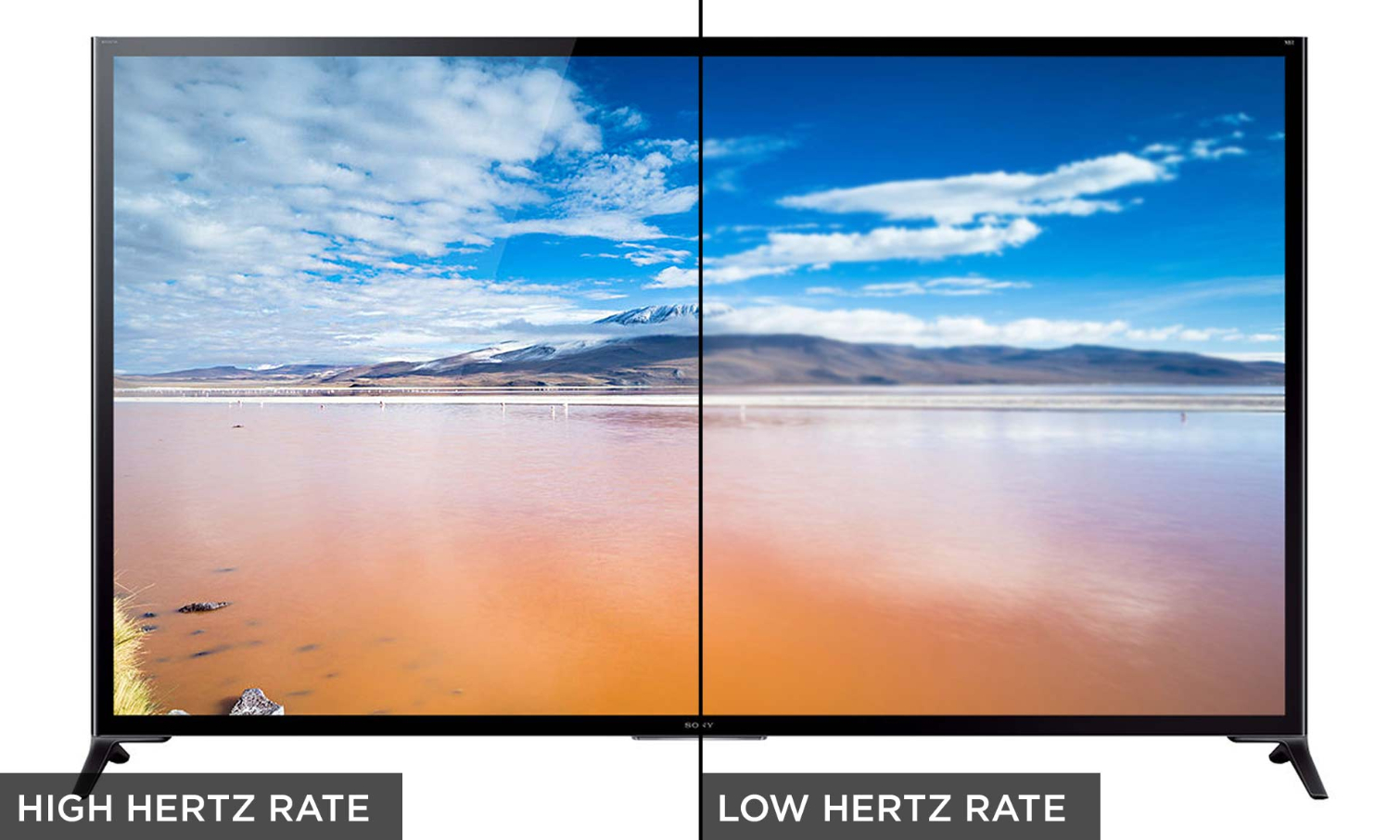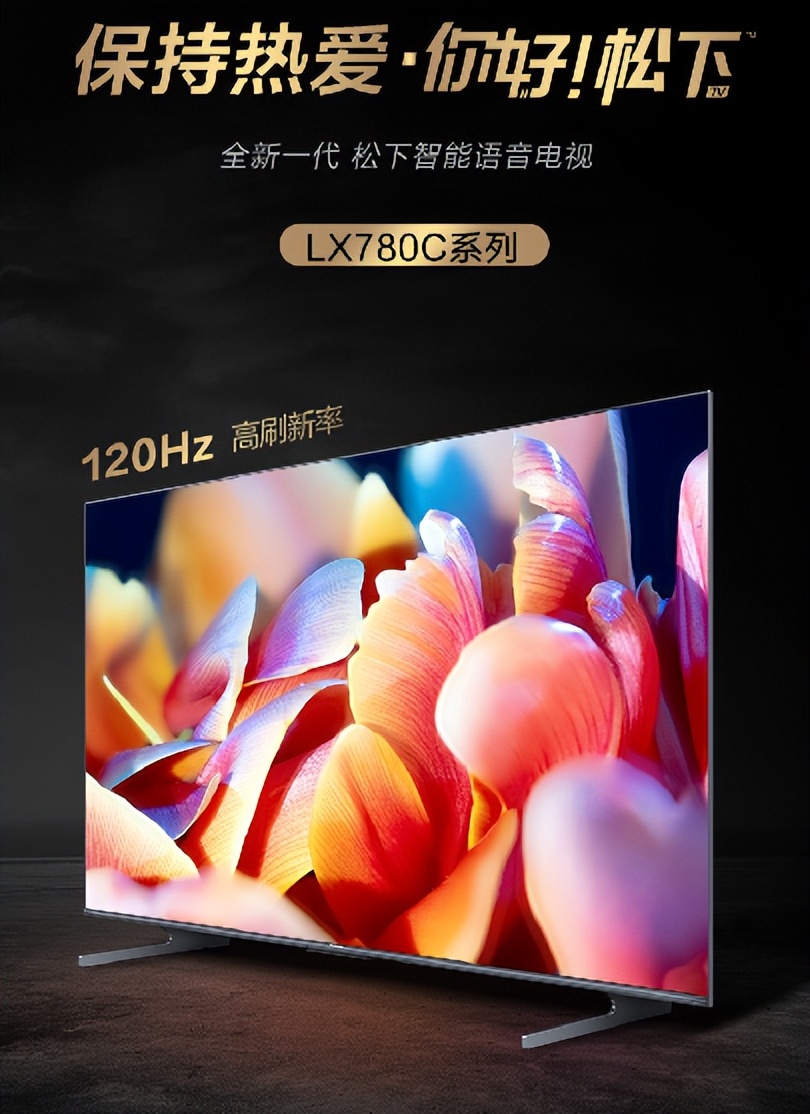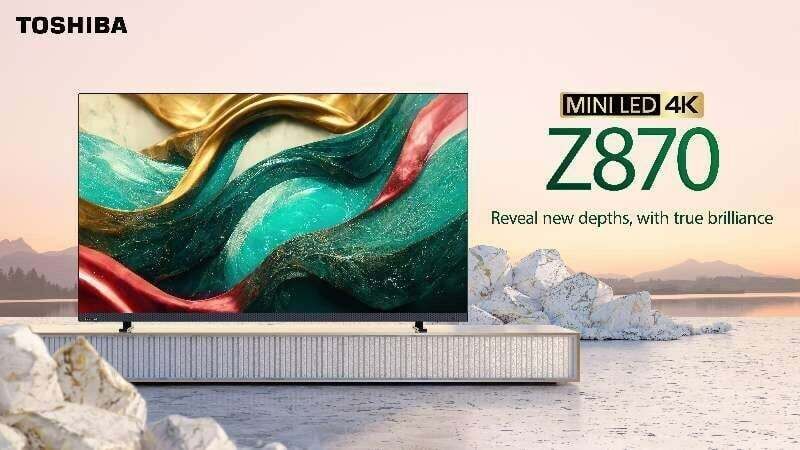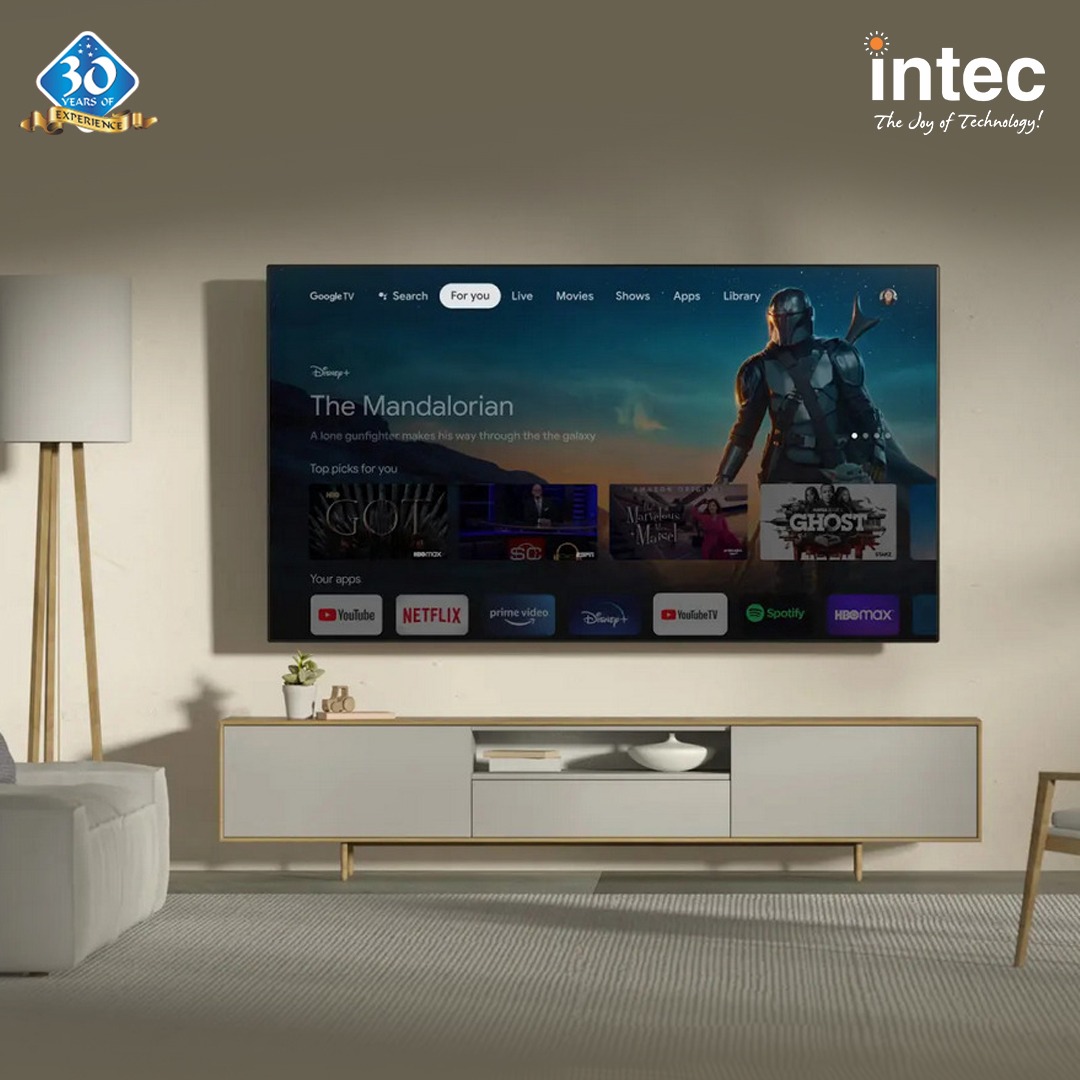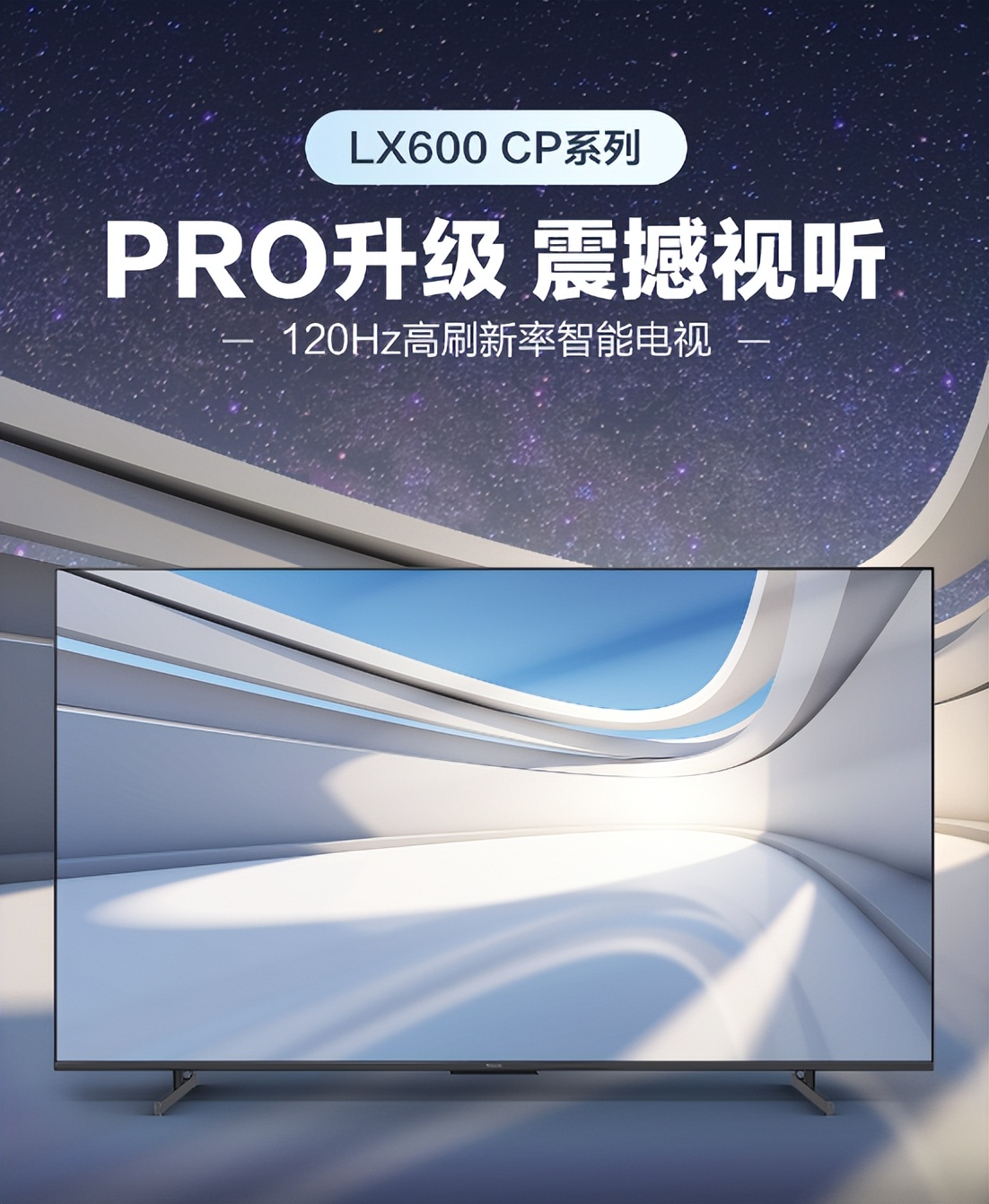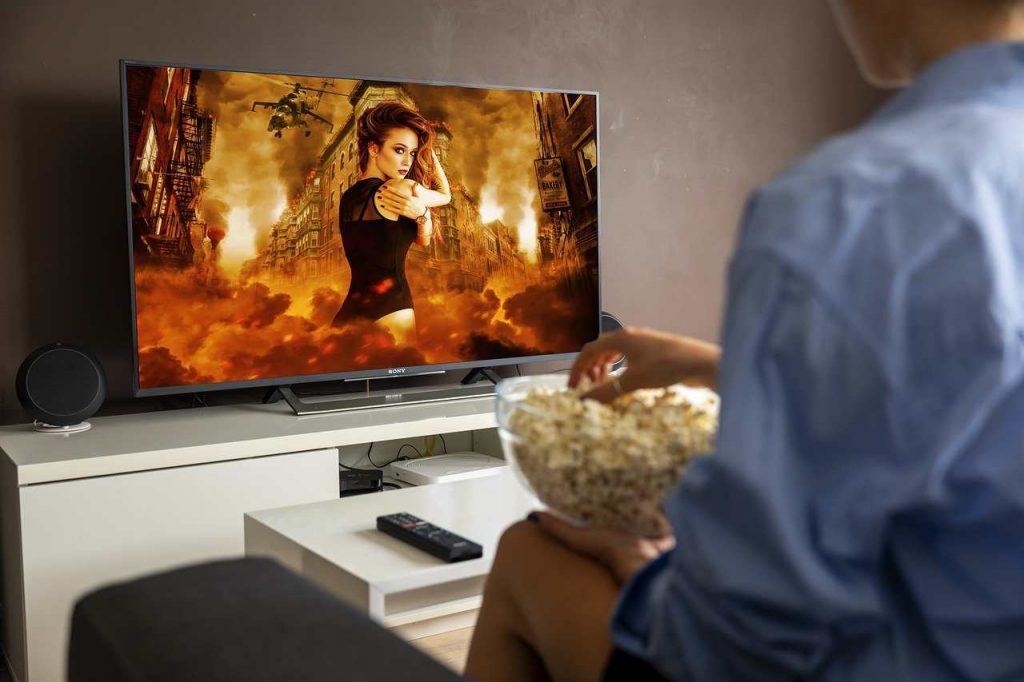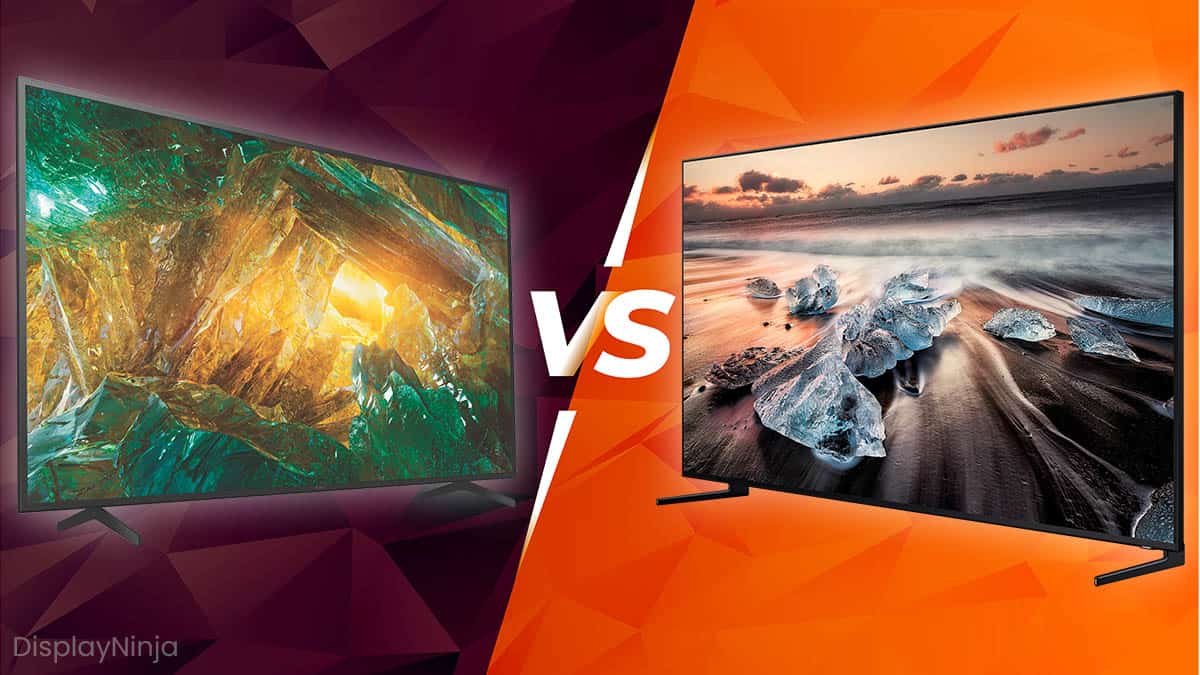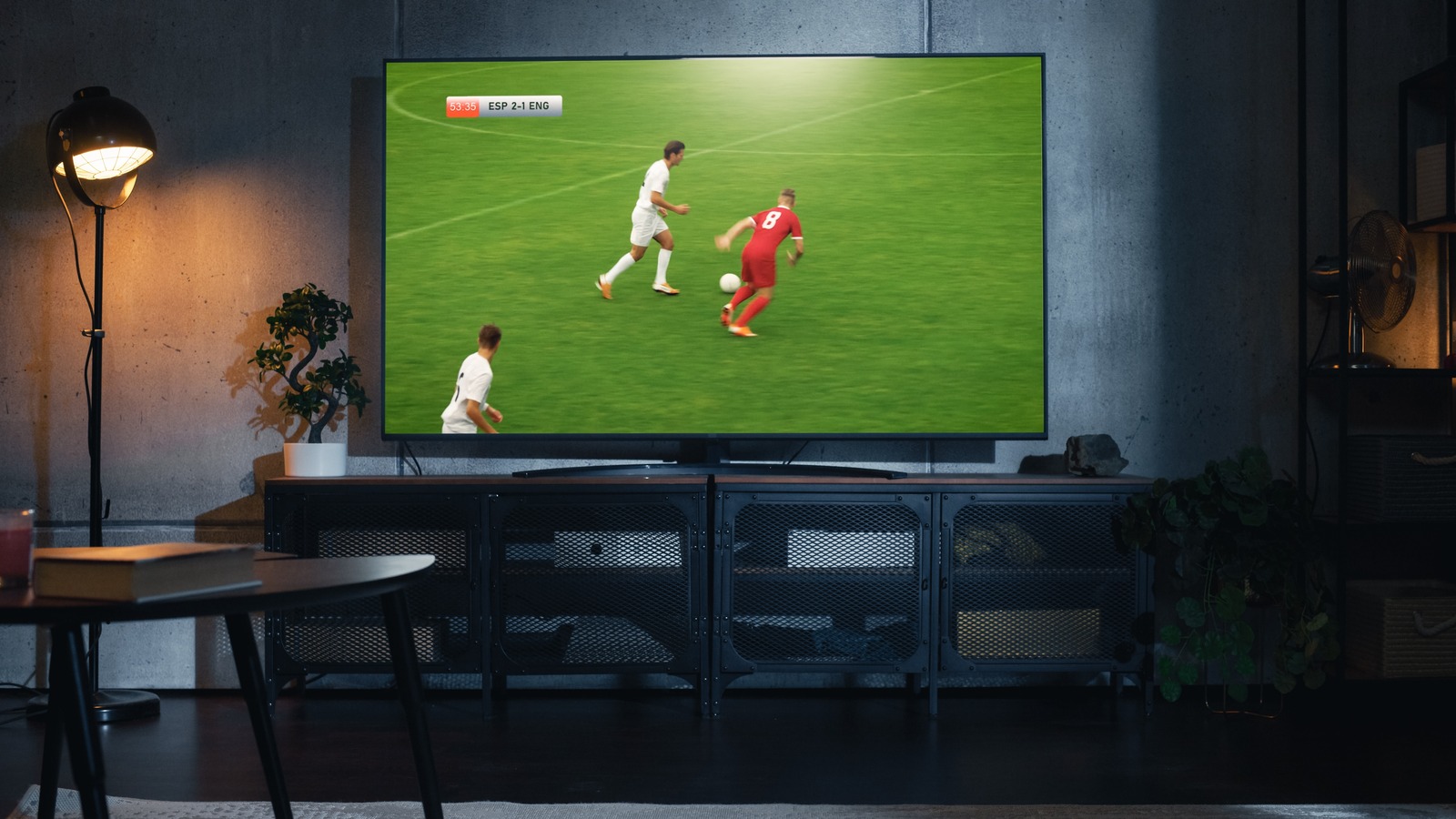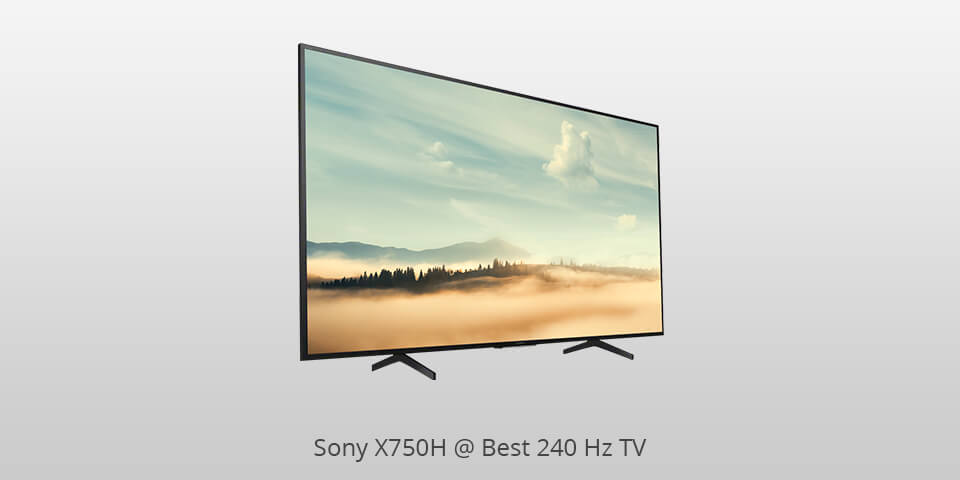Best High Refresh Rate Tv
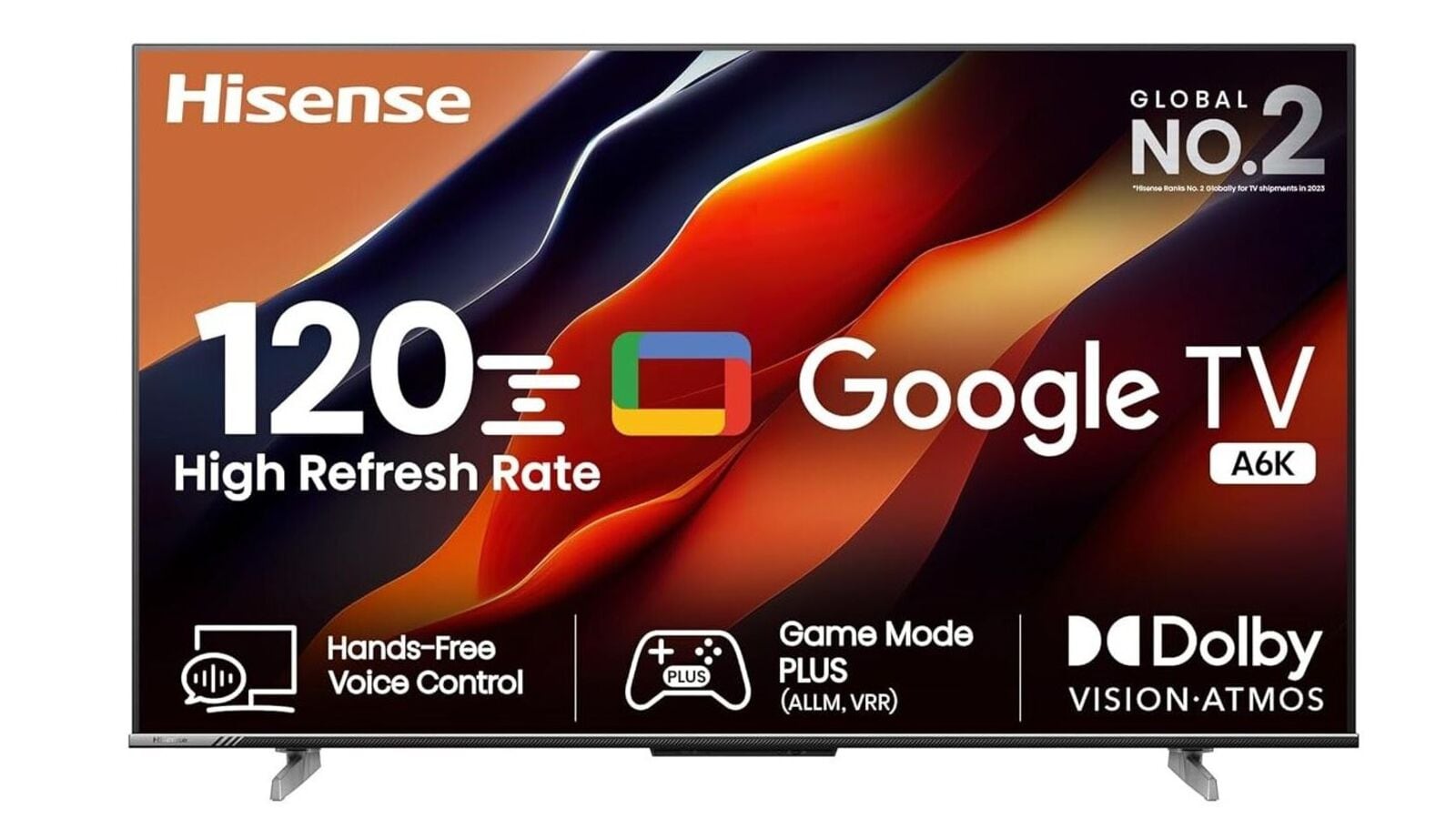
Tired of blurry action scenes and laggy gaming? You're in the right place. We're diving into the world of high refresh rate TVs, but with a sharp focus on value. This guide is for budget-minded viewers and gamers who refuse to overspend.
High refresh rates (120Hz and above) are essential for smooth visuals. This is especially noticeable in fast-paced content like sports, action movies, and video games. Ditch the motion blur without emptying your wallet.
Why High Refresh Rate Matters (Even on a Budget)
A higher refresh rate means the TV displays more frames per second. This results in smoother motion and reduced motion blur. The difference is night and day, especially if you're upgrading from an older TV.
For gamers, a 120Hz TV can unlock higher frame rates from your console or PC. This means less input lag and a more responsive gaming experience. Gain that competitive edge without breaking the bank.
Shortlist: High Refresh Rate TVs on a Budget
Here are a few contenders that balance performance and price:
- TCL 6-Series (R646/R655): Great all-around performance and value.
- Hisense U6/U7 Series: Offers Mini-LED tech at a competitive price point.
- Vizio M-Series (M6/M7): Solid picture quality with decent gaming features.
Detailed Reviews
TCL 6-Series (R646/R655)
The TCL 6-Series consistently earns praise for its impressive picture quality. It delivers vibrant colors and deep blacks, thanks to its Mini-LED backlighting. Expect excellent contrast and brightness for HDR content.
Gamers will appreciate the 120Hz panel with HDMI 2.1 support. It supports Variable Refresh Rate (VRR) technologies like AMD FreeSync and NVIDIA G-SYNC. These features minimize screen tearing and stuttering during gameplay.
Downsides? The smart TV interface (Google TV) can sometimes be sluggish. Some users have also reported occasional software glitches.
Hisense U6/U7 Series
Hisense has been making waves with its aggressive pricing and impressive technology. The U6 and U7 Series offer Mini-LED backlighting at prices that undercut the competition. This results in a brighter and more vibrant picture.
The U7 Series, in particular, boasts impressive color accuracy and HDR performance. It's a solid choice for both movies and gaming. HDMI 2.1 ports are included for next-gen console gaming at 120Hz.
One potential drawback is the viewing angles. The picture quality can degrade when viewed from off-axis. Also, the upscaling of lower-resolution content isn't the best in class.
Vizio M-Series (M6/M7)
The Vizio M-Series is a reliable option for budget-conscious buyers. It offers a good balance of picture quality and features. The M-Series delivers decent contrast and color accuracy for everyday viewing.
Gamers will find support for VRR technologies. It helps to reduce screen tearing. Vizio's SmartCast platform is simple to use, though it can feel a bit limited compared to Google TV or Roku.
However, the M-Series doesn't get as bright as the TCL or Hisense models. It might not be the best choice for brightly lit rooms. Its upscaling capabilities are also average.
Side-by-Side Specs & Performance
| Feature | TCL 6-Series | Hisense U7 Series | Vizio M-Series |
|---|---|---|---|
| Refresh Rate | 120Hz | 120Hz | 60Hz (effective 120Hz with motion enhancement) |
| Panel Type | LED/Mini-LED | LED/Mini-LED | LED |
| HDMI 2.1 | Yes | Yes | Yes |
| VRR Support | AMD FreeSync, NVIDIA G-SYNC | AMD FreeSync | AMD FreeSync |
| Peak Brightness (HDR) | High | High | Medium |
| Picture Quality Score (Out of 10) | 8.5 | 8.0 | 7.5 |
| Gaming Performance (Out of 10) | 9.0 | 8.5 | 7.0 |
| Value Score (Out of 10) | 9.0 | 8.5 | 8.0 |
Customer Satisfaction Survey Data
Based on user reviews and surveys, the TCL 6-Series generally receives high marks for overall satisfaction. Hisense U7 Series users often praise the picture quality for the price. Vizio M-Series owners appreciate the ease of use.
Common complaints include software glitches (TCL), viewing angles (Hisense), and brightness (Vizio). Consider these factors when making your decision.
Maintenance Cost Projections
LED TVs are generally reliable and have low maintenance costs. Expect to replace the TV after 5-7 years of heavy use. Cleaning the screen regularly with a microfiber cloth is important.
Consider purchasing an extended warranty for added peace of mind. This can protect against unexpected hardware failures. Factor in the cost of surge protectors to safeguard against power surges.
Key Takeaways
Choosing a high refresh rate TV doesn't have to break the bank. The TCL 6-Series offers excellent all-around performance and value. The Hisense U7 Series provides impressive picture quality with Mini-LED technology. The Vizio M-Series is a solid, budget-friendly option.
Consider your viewing habits, gaming needs, and budget. Weigh the pros and cons of each model carefully. Make an informed decision to get the most bang for your buck.
Call to Action
Ready to upgrade your viewing experience? Click the links below to check current prices and availability. Don't miss out on these amazing deals!
Frequently Asked Questions (FAQ)
Q: What is a good refresh rate for gaming?
For serious gamers, a 120Hz refresh rate is highly recommended. It provides a smoother and more responsive gaming experience. A 60Hz TV with motion enhancement can be acceptable for casual gaming.
Q: Do I need HDMI 2.1?
HDMI 2.1 is required to play games at 4K resolution with a 120Hz refresh rate. If you have a PlayStation 5 or Xbox Series X, you will need HDMI 2.1 to unlock their full potential.
Q: What is VRR?
VRR (Variable Refresh Rate) synchronizes the TV's refresh rate with the game's frame rate. This reduces screen tearing and stuttering, resulting in a smoother gaming experience. AMD FreeSync and NVIDIA G-SYNC are common VRR technologies.
Q: Are Mini-LED TVs worth the extra cost?
Mini-LED TVs offer improved contrast and brightness compared to traditional LED TVs. They can be worth the extra cost if you value picture quality. However, non-Mini-LED still offer a good experience.
Q: How long do LED TVs typically last?
With proper care, LED TVs can last for 5-7 years of heavy use. Regular cleaning and surge protection can help extend their lifespan.




